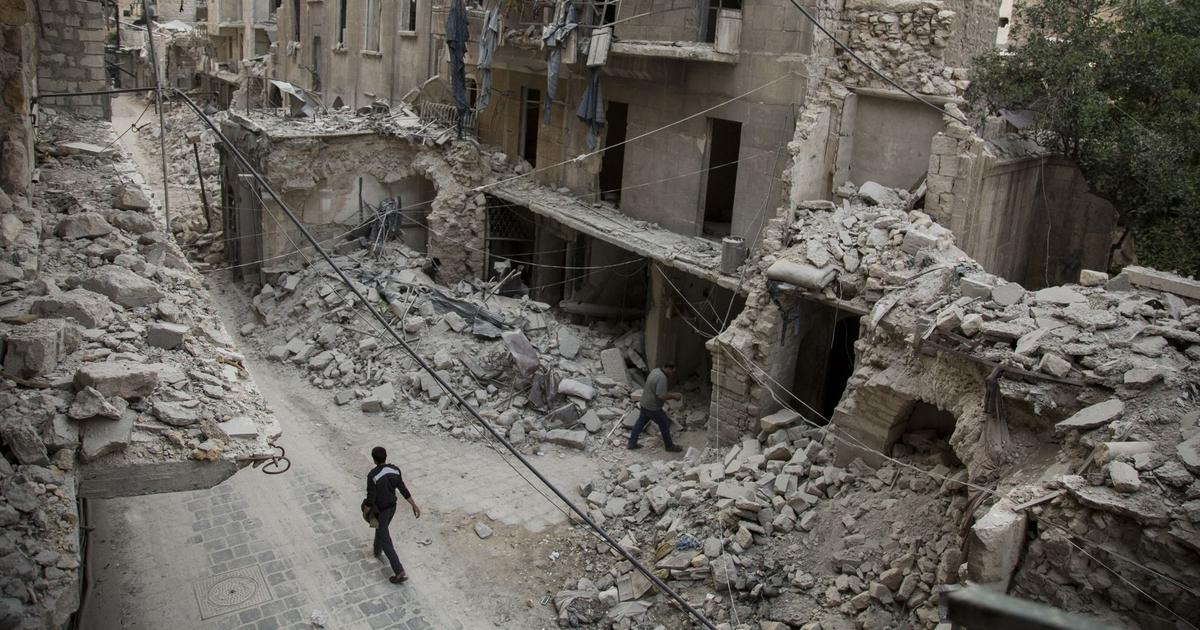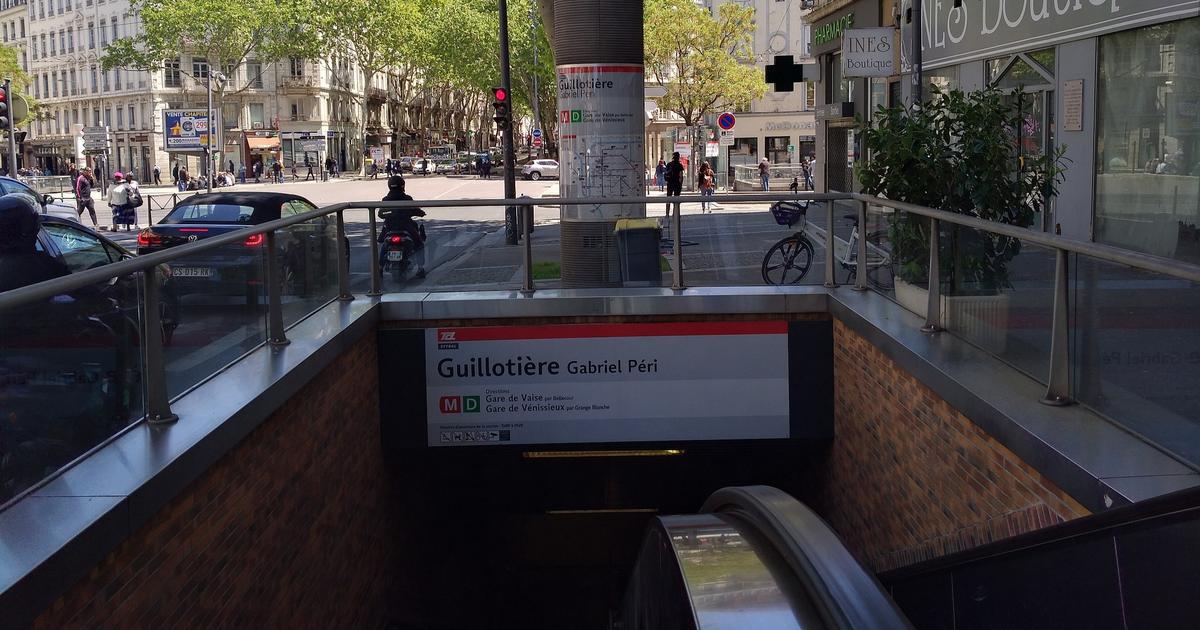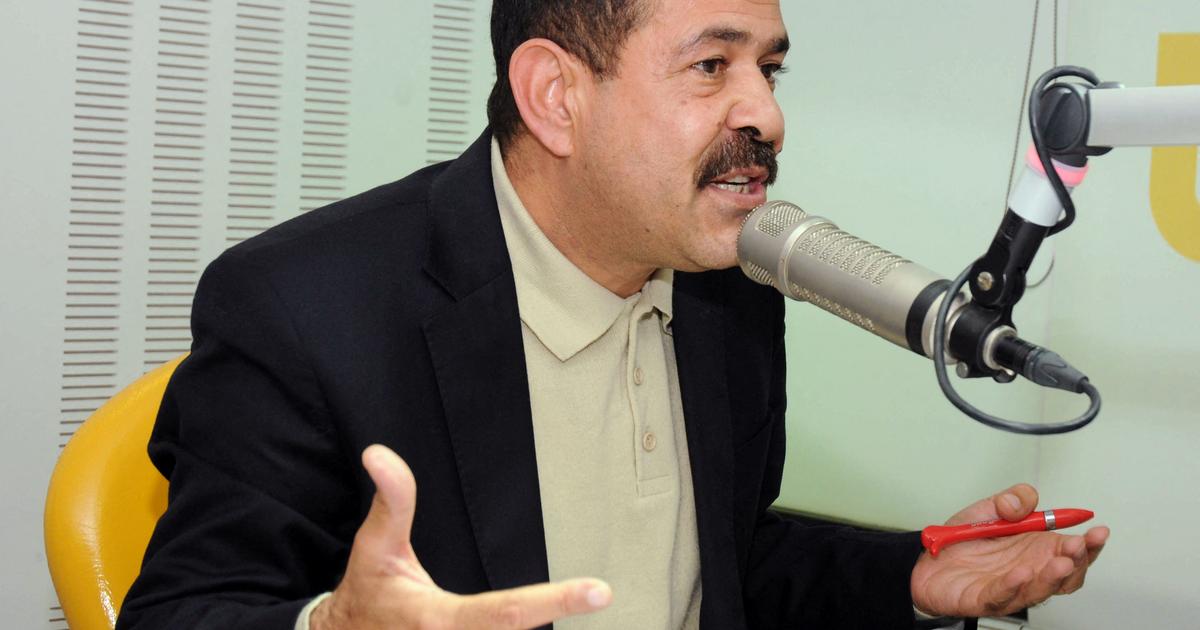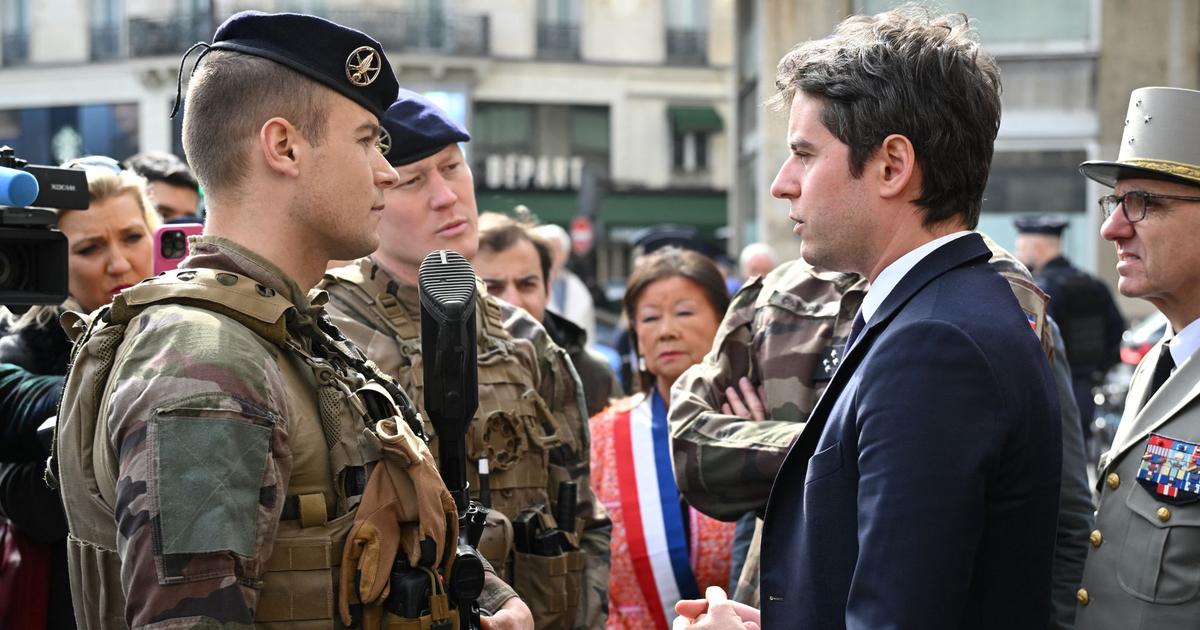The Emir must remain invisible. Leave no trace. It exchanges by audio messages using a transformed voice, via the encrypted Telegram application. Our man has the discretion and the ability to dodge a secret agent. His address ? Somewhere in the east of France. His age ? He specifies that he is a father. His job ? Silence. He feels more comfortable when talking about his funny hobby. The Emir - as he baptized himself - is one of the pillars of a strange group of anonymous citizens with a strong sense of duty. Their mission: to identify and then track down jihadists. But without leaving their room.
At the end of 2014, the Emir read stories from shocked families in the press. They tell how their child one morning took the road to Syria rather than that of high school. The paternal fiber of our interlocutor is affected. But the trigger took place in January 2015. Charlie Hebdo, Montrouge, the Hyper Cacher: terrorists kill 17 people in three days. On the 11th, millions of French people demonstrated in an atmosphere of fleeting unity. The Emir prefers engagement. He wants to use his IT expertise.
“The recruitment activities of Daesh (the Arabic acronym for the Islamic State terrorist organization, Editor's note) were done online. I told myself that I could have added value. Especially since at the time, the public authorities did little. Launched three weeks after the January attacks, Stop-djihadisme.gouv.fr, the government's platform against radicalization, is still in its infancy. And social networks are in no hurry to delete accounts that disseminate terrorist propaganda. In 2015, two clicks are enough to find videos of fighters with the black flag announcing the end of time, kalashnikov slung. "It was the Wild West," recalls the Emir.
A trendy humor "Martine does jihad"
On Twitter, he is joined by around thirty self-taught specialists in Middle Eastern geopolitics, computer hackers, or even simple parents worried about imagining their children surfing a web where macabre scenes abound. They are between 35 and 50 years old and come from all over France, including the DOM-TOM. A majority of them are women. Everyone is asked to leave their political opinions in the closet and quickly learn the basics of computer security to protect themselves. After a few weeks of activity, they begin to receive photos of severed heads with this message: "The next one is you. »Atmosphere.
READ ALSO> Violence, pedophilia, terrorism ... when the vigilantes of the Web make their law
To the apocalyptic speech of the terrorist organization Islamic State (IS), the group opposes a trendy humor humor "Martine does the jihad". He is baptized Katiba of Narvalos. Katiba, from the name of Daesh combat units, and Narvalos, which means a fool, an idiot, in slang. Its members take up videos of demands for attacks and make parodies of them, with the aim of "breaking the myth of jihad and its romantic side".
But behind this counter-discourse, which seems quite harmless in the face of a large-scale brainwashing program, hides a formidable team, whose organization is similar to that of the intelligence services. Katiba thus has several levels of authorization corresponding to each person's specialties. A part is perfected the day before and informs the Facebook or Twitter teams of content from the EI organization to have them quickly deleted. The most fervent devote themselves to real investigations, endless hunts that lead them to the four corners of the world from their armchair.
“False bearded” accounts to infiltrate real ones
It takes months to identify a jihadist, often holding a dozen accounts, deleted and quickly recreated. You also have to sort to find your way around, then archive thousands of data. A work of undermining, tiresome, so much the flood of horrors never seems to dry up. A mission that encroaches on all of life. A teacher goes on leave to spend sometimes sixteen hours a day. The Emir remembers November 13, 2015, and the attacks in Paris and Saint-Denis (Seine-Saint-Denis). “I had to work thirty hours without stopping. "
Newsletter - The essentials of the news
Every morning, the news seen by Le ParisienI'm registering
Your email address is collected by Le Parisien to allow you to receive our news and commercial offers. Find out more
Their task is all the more laborious as the Twitter accounts of Katiba members are attacked by their enemies and regularly deleted. At the end of 2015, they migrated to Telegram encrypted messaging. Luckily, the “jihadosphere” will transfer part of its activity there. The Narvalos take advantage of it. They estimate that they are six months ahead of the French secret services and manage to have 1,500 to 3,000 channels affiliated with Daesh removed per month.
Better yet, they create fake accounts of IS supporters. The "false bearded" infiltrate discussions between real fighters, launch rumors to better divide. "The red line is never to provoke the offense," warns the Emir. We let it come. Ultimately , we throw an as-salam alaykoum (greeting in Arabic, editor's note) and, if they answer, we chat. We never relay terrorist content, but sometimes vaguely religious things. And above all, if it becomes sensitive, we go back to the competent services. "
“We were playing against Ligue 2 of jihadism”
Because Katiba cooperates with information by sending them well-crafted files. “We have always seen ourselves as their complement. In 2015-2016, the task was too vast. A confidence has been established. There was even a kind of implicit division of labor. In the secret service, the big shots. To us, the second knives. We were playing against Ligue 2 of jihadism. "
To avoid any misunderstanding, the sensitive accounts of Katiba are declared to the Directorate General of Internal Security (DGSI). “Sometimes the services tell us: Don't go any further! We then imagine that the profile we are studying is already being monitored, or that it is that of an undercover agent. So we stop everything. They are the professionals. Another principle: never reveal a name publicly. “We would gain a lot of likes. But it would quickly go wrong. "
Several arrests, even dismantling of networks, are to be credited to Katiba. As in 2017, when she spots a threatening Reunionese on Telegram. “We have identified and geolocated it. It has become very virulent on social networks. We quickly passed on the information. For several months, no news. "Then we learned in the press that he had just been arrested, just before traveling to a metropolis where he was planning a terrorist action. "
But the Emir cannot boast of it. “On social networks, I would be called a mythomaniac. His relatives know no more. "They must suspect something, since I know all the CVs of the smallest terrorist mentioned on the news. The Katiba members can only congratulate each other, united by a solidarity between strangers. Because, even within the group, they do not give themselves their identity, for security reasons.
More than an hour a day
And now ? Since 2017, the pace of the hunt has dropped, as Daesh accumulated defeats in Iraq and Syria. Under pressure, Twitter cleaned up faster. Even Telegram begins to play the game. Now, jihadist propaganda is no longer within reach of the first surfer in search of thrills, but disseminated on little known encrypted messaging, like Rocket.chat or TamTam.
So the Emir sometimes spends only an hour a day chasing away jihadists. He found it fascinating and exhilarating, but also devastating, to fight against them. With clicks, members of Katiba brought home scenes of beheadings or men thrown from the roof of a building. "We put a distance. The hardest part was the rumors of bombing of civilians in Aleppo, Syria, by the Russian air force. I was live with locals. I heard them praying that the bombs would not fall on their house. In the next room, the children of the Emir slept peacefully. Without suspecting anything.















